Givn, Berlin
Givn is a Berlin-based fashion label that specialises in sustainable fashion. The brand was founded in 2018…
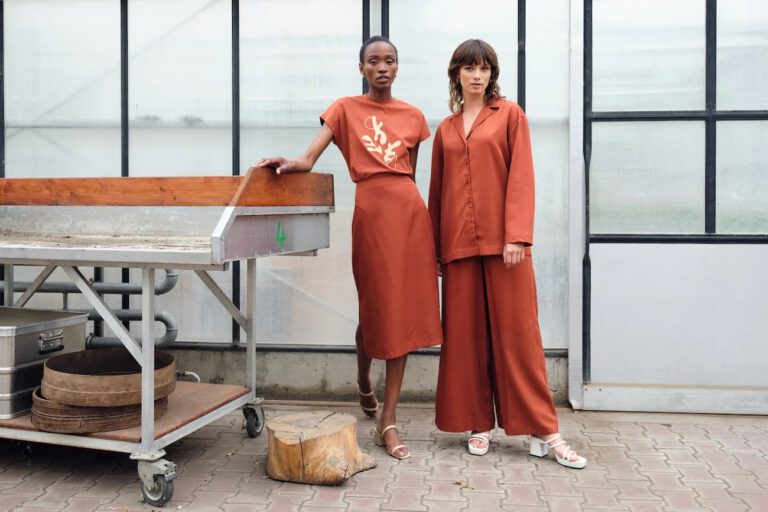
Givn is a Berlin-based fashion label that specialises in sustainable fashion. The brand was founded in 2018…

There are now many fashion labels that are committed to sustainability. One of them is the Berlin…
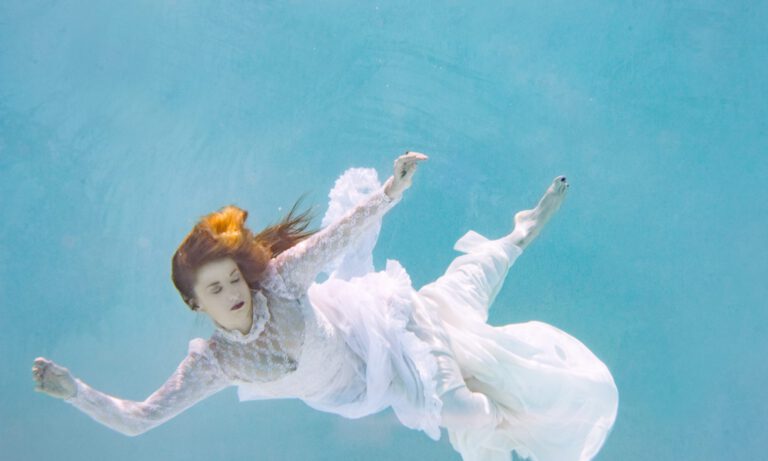
Sustainable fashion consumption in Europe is characterised by a conscious and responsible relationship to the purchase and…
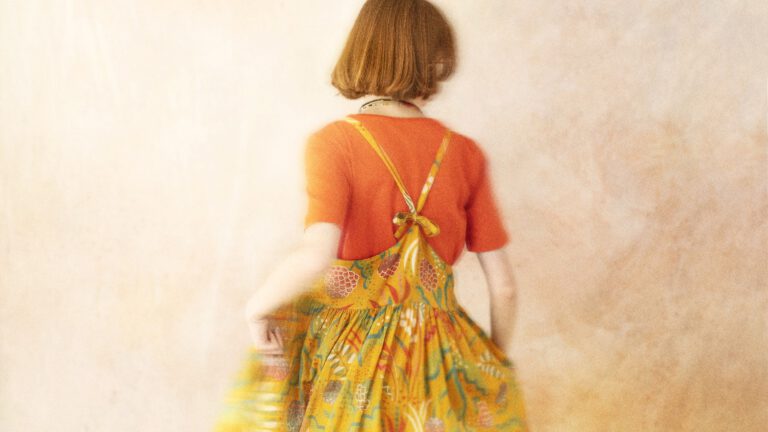
The art of dressing eco friendly It’s not easy to find a sustainable favorite label. Among all…

When we go out into nature and go on an adventure, we want to be highly functionally…
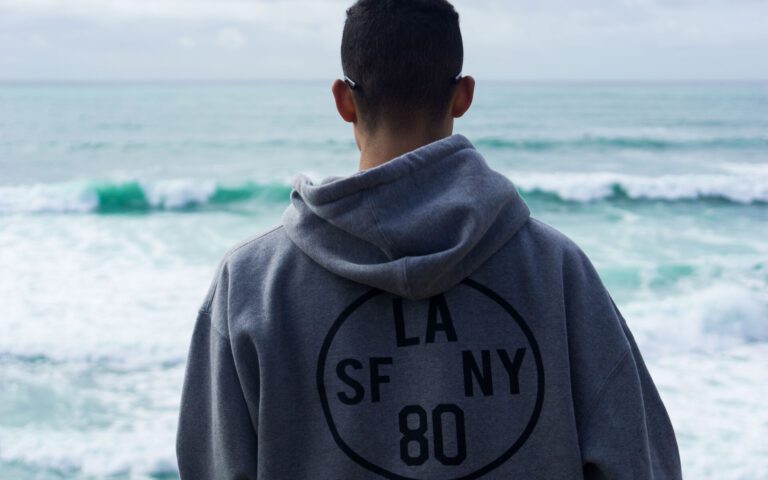
Sweatwear is now available everywhere and in all colours. It is worn by young and old, in…

Sneakers have become a lifestyle product and it’s hard to imagine our wardrobe without them. They are…
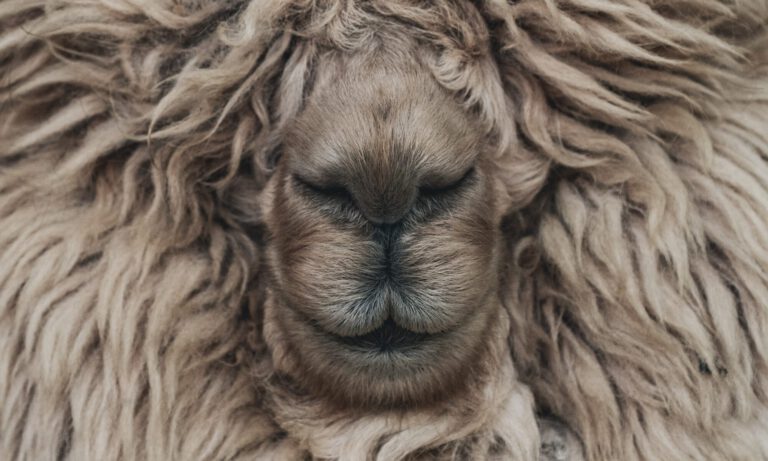
I’m not sure that with all our sustainability efforts, the majority of us are aware of what’s…
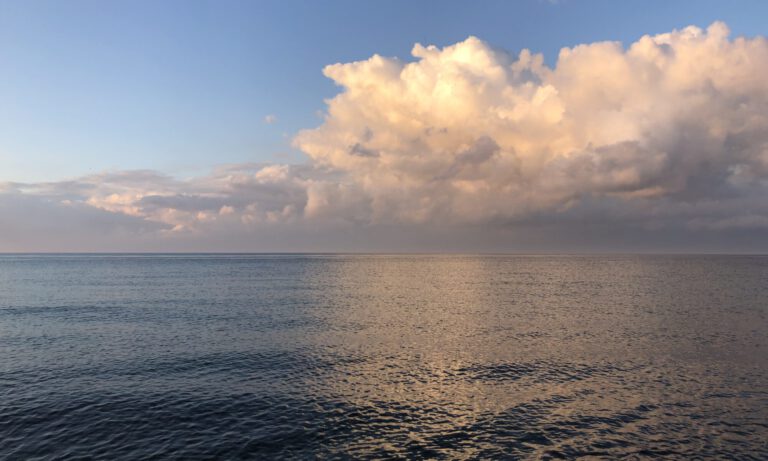
Water is our elixir of life. We love to be by the water, the lake, the sea…

There are so many things to look out for when it comes to sustainable fashion. But it…